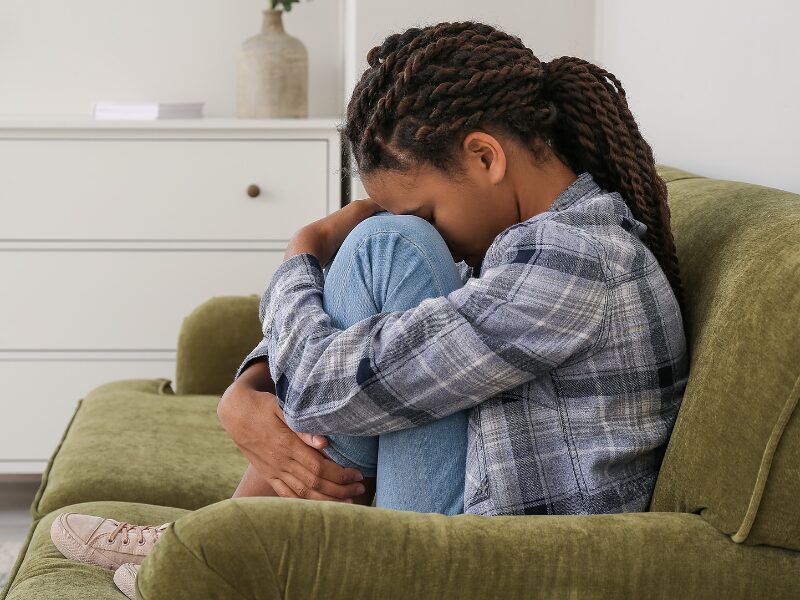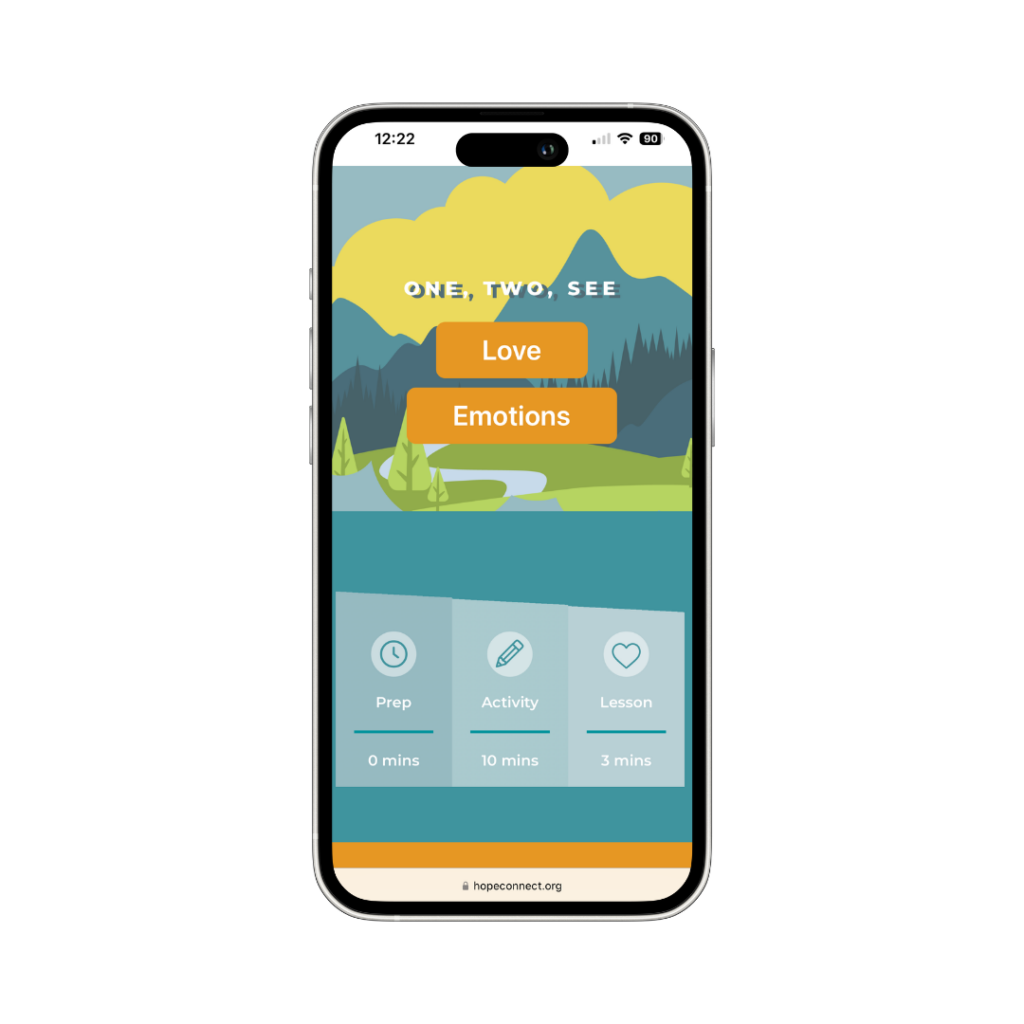In today’s broken world, emotional trauma, unfortunately, is something we all experience at one time or another. However, when children undergo these hardships, the impact can be more profound.
If you are raising a child who is living with emotional trauma, it is important to understand how one impacts the other. Read on to learn more.
What is Emotional Trauma?
Dr. Karl Benzio, a board-certified psychiatrist and member of the Senior Leadership Team at Liberty University’s Global Center for Mental Health, Addiction and Recovery states “Trauma is a distressing, painful, or shocking experience that causes harmful psychological, physiological, or spiritual effects.”
A lot of times, we think of trauma as a full-blown catastrophic event like wars, genocides or a tragic death of a parent. However, young minds can also categorize smaller events as catastrophic ones.
Emotional trauma is defined by the American Psychological Association (APA) as an individual’s emotional response to an event that overwhelms their ability to cope. For children, the impact is often deeper and more complex because trauma disrupts the neurological, relational, and cognitive systems that are still in development.
As noted by the National Child Traumatic Stress Network, “Witnessing a traumatic event that threatens the life or physical security of a loved one can also be traumatic. This is particularly important for young children, as their sense of safety depends on the perceived safety of their attachment figures.”
The National Child Traumatic Stress Network states, “Witnessing a traumatic event that threatens life or physical security of a loved one can also be traumatic. This is particularly important for young children as their sense of safety depends on the perceived safety of their attachment figures.”
When traumatic events go unprocessed or undealt with, they can cause negative impacts on children as they grow. However, with prayer, the Hope of God’s Word, and a diligent effort to support your children, you can help them overcome the effects of these traumatic situations.
Trauma and The Brain
When a child experiences emotional or psychological trauma, their brain does not process the experience the same way it would a typical memory. Instead, the body activates a survival response—commonly known as “fight, flight, freeze, or fawn (please)”—to protect against perceived danger. In these moments, the brain stores the experience not as a narrative memory, but as a sensory and emotional imprint of threat.
Each individual mind is responsible for categorizing an event as traumatic or a simple memory. What is a traumatic experience to one child might be an unremarkable occurrence to another.
For this reason, it is important to consistently talk with our children so we can know how they are processing certain events. Children already have a unique way of seeing and interpreting the world, so they may be more likely to process certain situations as traumatic. Understanding how a child is processing a situation allows caregivers to respond with empathy, provide reassurance, and seek appropriate support when needed.
Supporting Your Child with Trauma
Raising a child with emotional trauma can feel overwhelming and incredibly rewarding at the same time. Here are some parenting tips from the 4KIDS EPIC team of therapists covered extensively on our free monthly parent training:
Bring all your emotions to God. Bring your emotions — the good and the bad — to God and take in His comfort and compassion toward you. His Word offers you and your child real and lasting hope that never disappoints (Romans 5:5) Connect with your child. Take advantage of HopeConnect™ Everyday Moments™ activities to help you find fresh ways to better connect with your children. The EPIC training also gives you insights on helping your child talk about their emotions and process their trauma in the context of a safe relationship.
· Leverage your support system. Whether you have family members, 4KIDS therapists or people in your church who can help, leverage the people God has placed around you to help you raise your child.
KEY TAKEAWAY
If your child is particularly sensitive to stressful situations or if they are navigating the effects of trauma in their life, you are not walking with them on their healing journey alone. God goes with you, and He has empowers you with all of the resources, knowledge and compassion you need to help your child heal.
“Don’t be afraid, for I am with you. Don’t be discouraged, for I am your God. I will strengthen you and help you. I will hold you up with my victorious right hand.” ~ Isaiah 41:10 (NLT)
APPLICATION
As parents, we can help our children process traumatic situations. Encourage your children to talk about their emotions in a safe environment by playing Bedtime Band-Aids. This simple game helps you connect with your children by placing physical and spiritual band-aids over their hurts.
Find this game and more now in the Everyday Moments™ activities collection!




